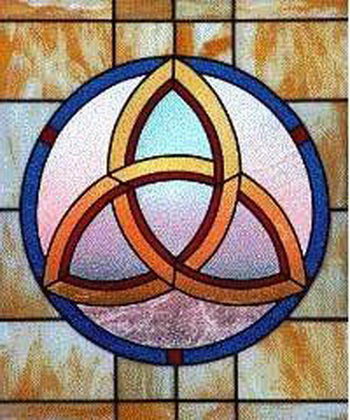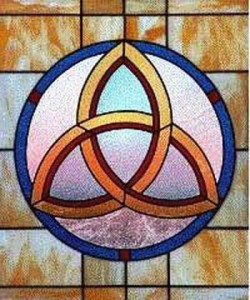

Partial Article, see full article in Source.
Many Christian apologists argue that the doctrine of the Trinity is “biblical” (i.e. either it is implicitly taught there, or it is the best explanation of what is taught there) using three sorts of arguments. They begin by claiming that the Father of Jesus Christ is the one true God taught in the Old Testament. They then argue that given what the Bible teaches about Christ and the Holy Spirit, they must be “fully divine” as well. Thus, we must, as it were, “move them within” the nature of the one God. Therefore, there are three fully divine persons “in God”. While this may be paradoxical, it is argued that this is what God has revealed to humankind through the Bible.
The types of arguments employed to show the “full divinity” of Christ and the Holy Spirit work as follows.
- S did action A.
- For any x, if x does action A, x is fully divine.
- Therefore, S is fully divine.
E.g., A = non-culpably pronouncing the forgiveness of sins, non-culpably receiving worship, raising the dead, truly saying “Before Abraham was, I am”, creating the cosmos. Continue reading Trinity > History of Trinitarian Doctrines (Stanford Encyclopedia of Philosophy)































